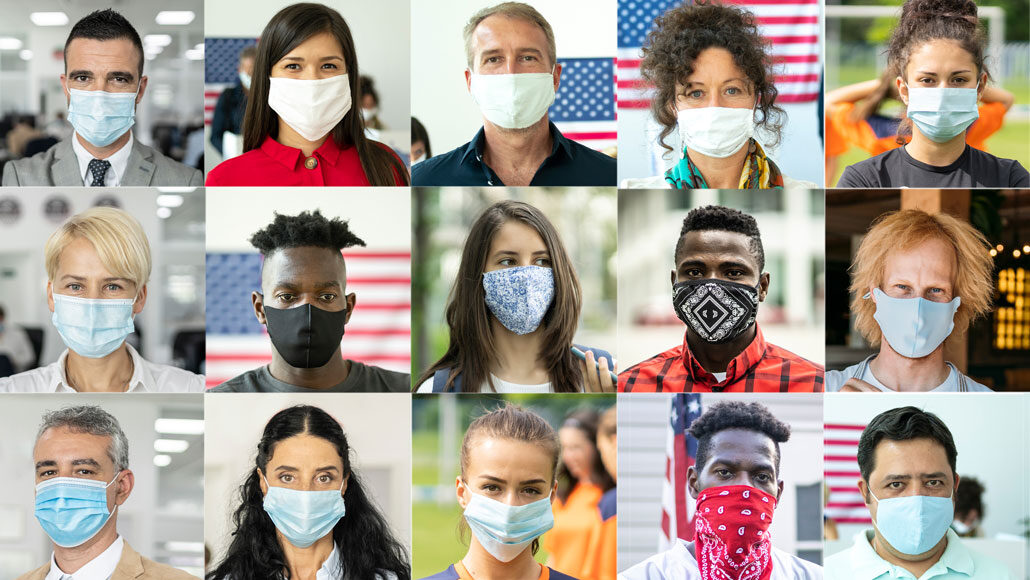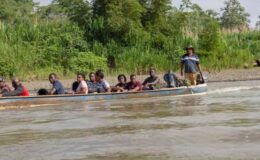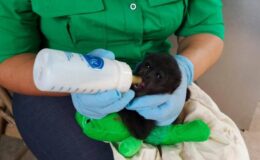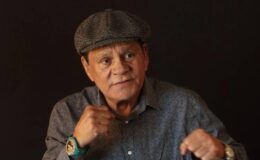
Mandatory mask usage LIFTED as of today. EX-PAT ALERT
- By : James Bryson
- Category : Health, Human Interest

After almost two years of having been adopted as one of the main biosecurity measures to prevent the spread of the deadly covid-19 virus, (about 665 days to be more exact) as of today, Panama lifts the mandatory use of mask or chinstraps in open or free spaces; but its use is maintained in closed spaces.

On March 25, the Minister of Health (in charge), Ivette Berrío, announced that as of this Monday, March 28, this eliminates “the mandatory use of masks in open spaces”, as long as the physical distance from at least one meter between people.
At the same time, he said that the use of the mask or face shield is eliminated in mass public transport, school buses, food establishments (supermarkets and restaurants), bars, and others; but the mandatory use of masks is maintained in these places.
From today, mass religious activities will also be allowed, however, they must comply with biosecurity measures: use of a mask, hand hygiene, among others, established by the Ministry of Health (Minsa).
Berrío reported that the religious activities inherent to Holy Week can be carried out avoiding crowds and in the case of a massive presence, it is recommended to wear a mask, as protection.
“Those congregations that consider it necessary to carry out these activities must comply with biosafety measures and will be supervised by the health committees of each congregation,” said Berrío.
The Minister of Health, Luis Sucre, reiterated on his Twitter account the lifting of the use of the mask in the national territory, highlighting that with this now “it is up to all of us to do our bit so as not to lose the achievements that we have achieved with many sacrifices.” “.
The director of the National Secretariat of Science and Technology, Eduardo Ortega, for his part, in an interview with Televisora Nacional, described the lifting of the use of masks in open spaces as “excellent news”, for which he is “very happy”. and optimistic.”
The General Directorate of Public Health of the Minsa established the mandatory use of masks or chinstraps, for nationals and foreigners, throughout the national territory in June 2020, through resolution No.1420 of June 1, 2020.
However, the biosecurity measure was partially lifted, just when Panama, a country of 4.28 million inhabitants, registers a control of the pandemic, after the fourth wave registered between December 2021 and mid-January 2022.
What was contemplated to lift the use of the mask in open spaces? Among the elements that were evaluated to enter this phase, according to Ortega, is that when leaving the fourth wave, school began, but local treatment continued, vaccination continued and, above all, vaccination coverage in children was improved.
He indicated that so far almost 67% of children aged 5 to 11 vaccinated have been vaccinated with at least one dose; coverage of the target population from 5 years of age is 87% with at least one dose; and 76% with two doses.
“It is also very important, in the case of a variant in the future, to have the reinforcement and there we only have 45%, which is perhaps the most important vaccine that should be stimulated, Ortega added.
“We have a significant decrease,” Ortega said, noting that “our worst period of the pandemic was in the third and fifth week of this year (2022) when Omicron affected us.”
Specifically, he said that there is a 97% reduction in cases, a RT below one for 7 weeks, hospitalizations have been reduced in relation to the third week of almost 90%.
“We are doing well and this is good national and international news because there is an impact and the message that is being sent is that Panama has temporary control of the pandemic. We have a positivity rate below 5%.”
However, for Ortega what is important now are three factors: visits to the emergency room, hospitalized, people in intensive care and deaths. “Right now there are 100 hospitalized throughout the country. That’s basically a minimum, but we have to measure those three things,” Ortega said.
Regarding the probability of a fifth wave derived from the relaxation of the use of the mask in open spaces, Ortega assured that “he does not” believe that there will be a rebound in positive cases, since “we do not have a new variant in the world”, but a sublineage (family) that had its maximum peak between the third and fifth week of this year but progressively decreased.
“There are three cousins of Omicron that are part of a sublineage BA.1, BA.2 and BA.3”; and of them “the first that arrived in Panama was BA.1, and we have a handful of BA.2 in the country, nothing more; and we believe that with the vaccination coverage that we have and with the percentage of recovered people, we are not going to have a fifth wave, we could have a small rebound, perhaps a decrease in the decline, but we do not expect to have a severe rebound or a fifth wave,” Ortega said.






No Comments